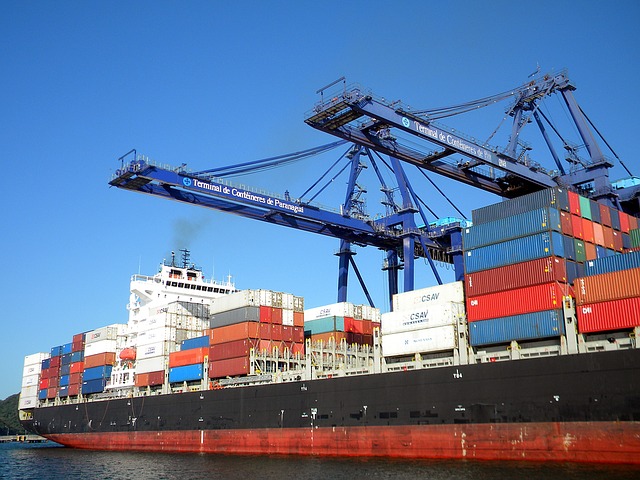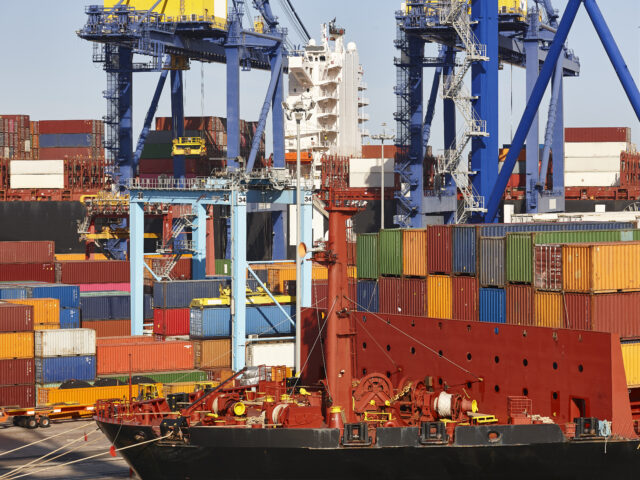
In an increasingly interconnected global economy, international trade plays a pivotal role in shaping the economic landscape of nations. However, the intricate web of trade relationships is not immune to conflicts and disputes, as highlighted by recent trade wars and tariff battles between major economies. From the U.S.-China trade tensions to disputes between the European Union and various trading partners, these conflicts have provided valuable lessons about the complexities of international trade and the potential consequences of resorting to protectionist measures.
The Anatomy of Trade Wars
Trade wars can be likened to a high-stakes poker game, where nations use tariffs and other trade barriers as their chips. The objective? To gain a more favorable position in the global market or to protect domestic industries. These wars often begin with one country imposing tariffs on imports from another country, prompting retaliatory measures. This tit-for-tat pattern can escalate quickly and lead to a chain reaction of tariffs and counter-tariffs, ultimately affecting a wide array of industries and economies.
One of the most notable recent trade wars was the U.S.-China trade dispute that began in 2018. The U.S. administration, led by President Donald Trump, imposed tariffs on hundreds of billions of dollars worth of Chinese goods, citing concerns about intellectual property theft, forced technology transfers, and the trade imbalance between the two nations. China retaliated with its own tariffs on U.S. goods, and the dispute intensified over time. The consequences were far-reaching, affecting not only the two superpowers but also rippling across global supply chains.
The Tariff Tango: Winners and Losers
In the arena of trade wars, there are seldom clear winners. While tariffs can be used as tools to protect domestic industries, they can also lead to unintended negative consequences. One primary lesson from recent trade disputes is that tariffs often have a cascading effect, impacting multiple sectors and economies.
For instance, the U.S.-China trade war had profound effects on American farmers who faced retaliatory tariffs on agricultural exports to China. Soybean farmers, in particular, were hit hard as China sought alternative suppliers for its soybean demand. This not only strained the livelihoods of farmers but also required government intervention in the form of subsidies to mitigate the losses.

Similarly, consumers are often casualties of trade wars. As tariffs increase the cost of imports, businesses may pass on these additional expenses to consumers. This can lead to higher prices for everyday goods and services, effectively reducing the purchasing power of consumers. In the U.S.-China trade war, studies estimated that the tariffs imposed could cost the average American household hundreds of dollars annually.
Lessons Learned
- Complexity of Global Supply Chains: One of the starkest revelations from recent trade disputes is the intricate nature of modern global supply chains. A disruption in one part of the world can reverberate across industries and continents. Businesses, therefore, need to be prepared to swiftly adapt to changing trade dynamics.
- Dialogue over Confrontation: The tit-for-tat nature of trade wars can lead to a lose-lose situation for all parties involved. Diplomacy and open dialogue are essential to prevent conflicts from escalating into full-blown trade wars. The U.S.-China “Phase One” trade deal demonstrated the potential for negotiations to ease tensions.
- Unintended Consequences: Tariffs, while meant to protect domestic industries, can have far-reaching unintended consequences. Policymakers must carefully consider the potential impact on various sectors and stakeholders before resorting to tariffs.
- Collaborative International Approach: Addressing global economic challenges requires a collaborative approach. Trade organizations like the World Trade Organization (WTO) play a crucial role in providing a platform for resolving trade disputes and establishing common trade rules.
- Diversification and Resilience: Businesses and economies heavily dependent on one trading partner are vulnerable to sudden disruptions. Diversifying trade relationships can enhance resilience against trade shocks.
Looking Ahead
Recent international trade disputes serve as cautionary tales, reminding us of the fragility of the global trade ecosystem. As the world becomes more interconnected, the lessons learned from these conflicts are invaluable. They underscore the need for multilateral cooperation, transparent dialogue, and the pursuit of win-win solutions in the realm of international trade. Ultimately, the goal should be to promote economic growth, protect the interests of all stakeholders, and avoid the detrimental consequences of protectionism. For more articles, information, and resources about trade wars and tariffs, navigate to this web-site to learn more.



